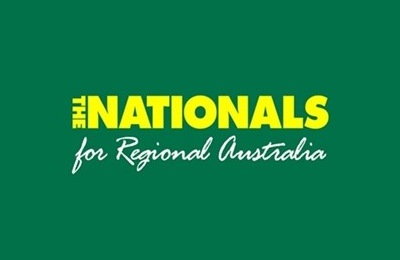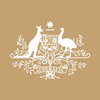
Mental health support for flood-affected Central West
Flood-affected residents in the Central West are being encouraged to access a range of expanded mental health support services to help them deal with the devastating floods that have impacted their communities.
The NSW Nationals in the state government have increased the number of mental health clinicians and workers deployed in the Central West to provide support to flood ravaged communities.
The government has also announced an immediate funding boost for Lifeline Central West to increase its Rapid Response Program currently active on the ground, with six additional crisis counsellors, new vehicles and funding for fuel, and accommodation.
Mental health clinicians are based at NSW Government Recovery Assistance Points, along with a range of other community-based mental health services, government agencies and other organisations also providing support.
These mental health workers, including the District’s Rural Adversity Mental Health Program Coordinators, Response and Recovery Clinicians, and Aboriginal Mental Health teams, provide face-to-face care and help people access appropriate services for ongoing support.
Deputy Premier Paul Toole said the targeted mental health support is part of an ongoing, multi-agency effort to assist hard-hit communities.
“I want to thank all of the dedicated staff from NSW Health, NSW Ambulance, St John’s Ambulance, Lifeline and the Red Cross, who have been working so hard to ensure mental health support is available wherever it’s needed,” Mr Toole said.
“In areas like Eugowra, our mental health clinicians have undertaken house-by-house wellbeing visits, to identify people who may require additional support and provide that care as needed.”
Nationals Minister for Regional Health and Mental Health Bronnie Taylor said plans are underway to provide ongoing support to communities throughout the long clean up, rebuilding and recovery process.
“Additional mental health support staff are already in place in Parkes, Orange, Molong and Eugowra, to ensure the communities receive the care they need through the different stages of recovery,” Mrs Taylor said.
“Similar to the support which was offered to the residents of the Northern Rivers earlier this year, the NSW Government is committed to providing ongoing mental health support now, and into the future as impacted communities in our Central West rebuild.”
Information on Recovery Assistance Points, where they are located and hours of operation, is available through the NSW Government website.
A range of 24/7 mental health services are also available to the Western NSW community, including the WNSWLHD Mental Health Line on 1800 011 511. The Mental Health Line is staffed by local mental health clinicians who can provide support and assistance to find the most appropriate service for your needs. People can also contact Lifeline on 13 11 14 or the Suicide Call Back Service on 1300 659 467.
If your or a loved one’s life is in danger, call Triple Zero immediately. More information on flood relief, support and health advice is available on the Service NSW website.
